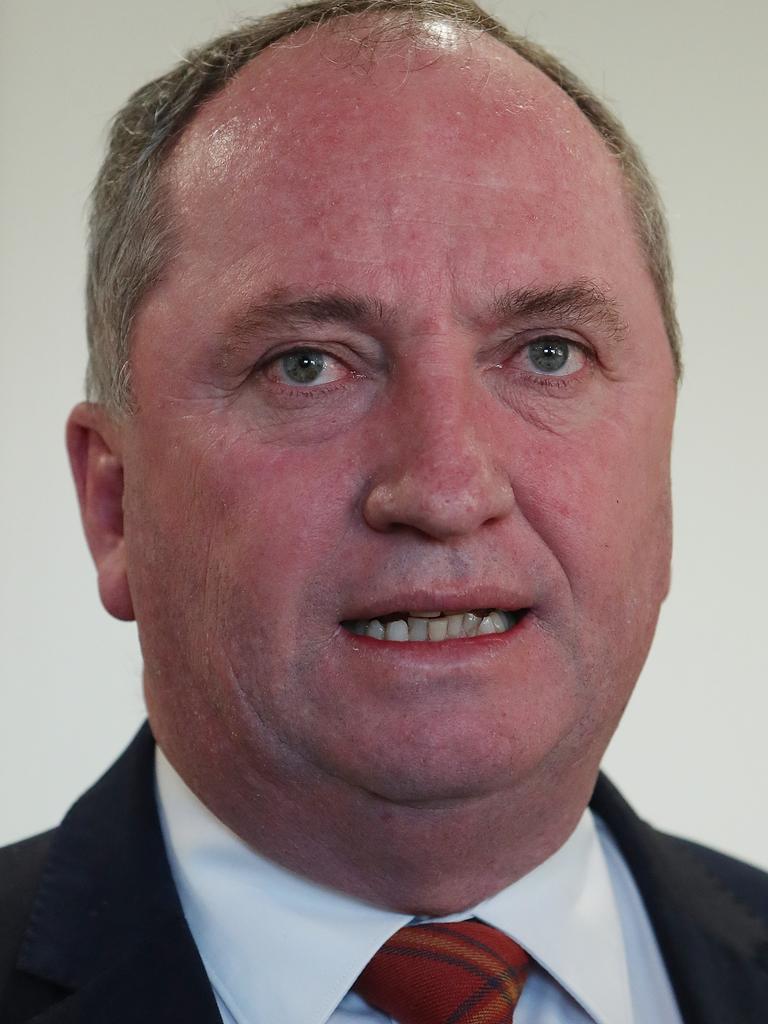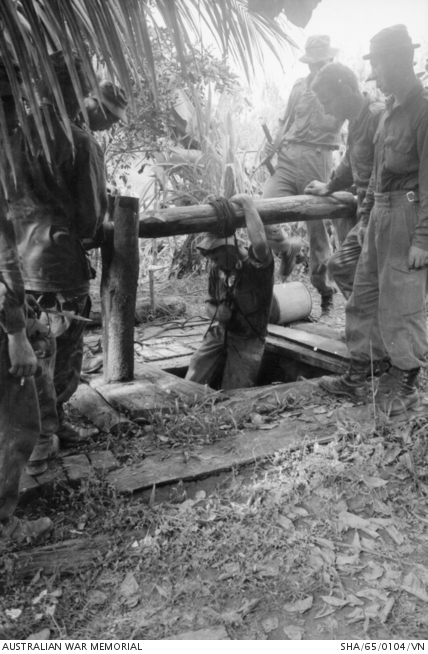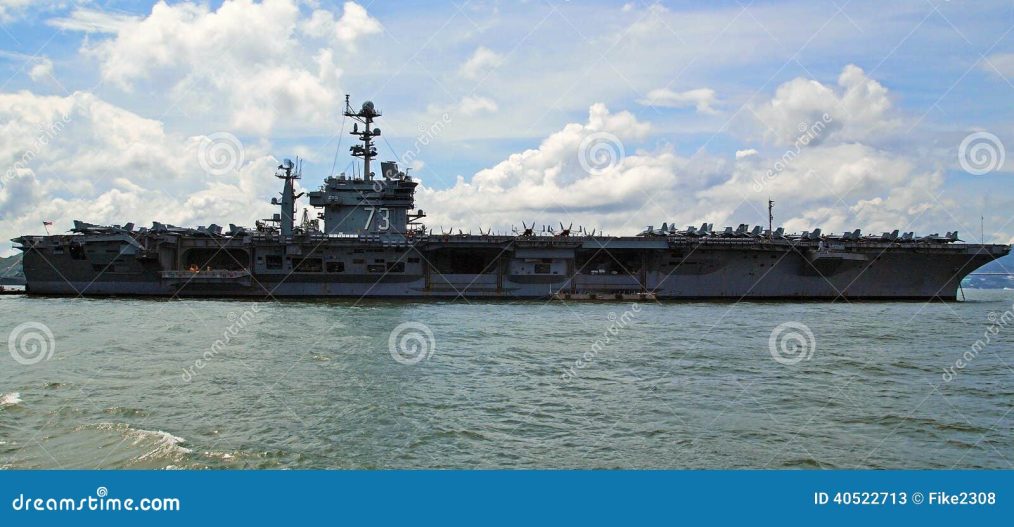Date: 1965
Location: Xam Cay Xaoi village, Cong Thanh district, Bien Hoa province, Vietnam
In the thick of the Vietnam War, Australian forces found themselves embroiled in the intricate cat-and-mouse game of guerrilla warfare against the Viet Cong. One pivotal chapter of this saga unfolded in the unassuming village of Xam Cay Xaoi, nestled within the rugged terrain of Bien Hoa province. Here, amid the verdant landscapes and sweltering humidity, Australian sapper Bill Murray from Slack’s Creek, near Brisbane, descended into the depths of darkness, venturing into the unknown abyss of a clandestine underground tunnel system.
The year was 1965, and members of the 3rd Field Troop, Royal Australian Engineers, were on a mission to root out Viet Cong hideouts lurking beneath the surface. Armed with courage and determination, these engineers embarked on a perilous quest to unravel the secrets concealed within the earth. As they combed through the village, their vigilant eyes caught sight of a seemingly innocuous well, its yawning mouth beckoning towards the unknown depths below.
With a sense of trepidation mingled with resolve, Bill Murray, representing the indomitable spirit of the Australian contingent, descended into the abyss. Down, down he went, into the murky darkness, his senses heightened, his heart pounding with anticipation. Around him, the echoes of history whispered through the labyrinthine tunnels, each twist and turn a testament to the ingenuity of the enemy they sought to vanquish.
The discovery that awaited them beneath the surface surpassed their wildest imaginings. A sprawling network of tunnels, meticulously carved into the earth, stretched out before their eyes like a subterranean maze. Each passageway held the promise of danger, concealing booby traps and ambush points crafted by the elusive Viet Cong.
Undeterred by the perils that lurked in the shadows, the Australian engineers pressed forward, their determination unwavering. With meticulous precision, they mapped out the intricate layout of the tunnels, documenting every twist and turn, every concealed alcove that could serve as a haven for the enemy.
Yet, their mission was not merely one of reconnaissance. Armed with explosives and resolve, they set out to neutralize this subterranean threat once and for all. With expert skill, they planted charges at strategic points throughout the tunnel network, preparing to unleash a cascade of destruction upon their hidden adversaries.
As the explosives detonated with thunderous force, the earth shook, and the tunnels collapsed in a symphony of chaos. The once-impenetrable fortress of the Viet Cong lay in ruins, its secrets laid bare for all to see. The Australian engineers emerged from the depths, victorious but humbled, their courage immortalized in the annals of history.
The encounter in Xam Cay Xaoi village stood as a testament to the valour and determination of the Australian forces in the face of adversity. It was a pivotal moment in the long and arduous struggle for control of Vietnam’s contested landscapes, a reminder of the sacrifices made by those who dared to venture into the heart of darkness in search of victory. And though the echoes of that fateful day may have faded into the mists of time, the legacy of those brave men, like sapper Bill Murray, endures as a beacon of hope amidst the shadows of war.









